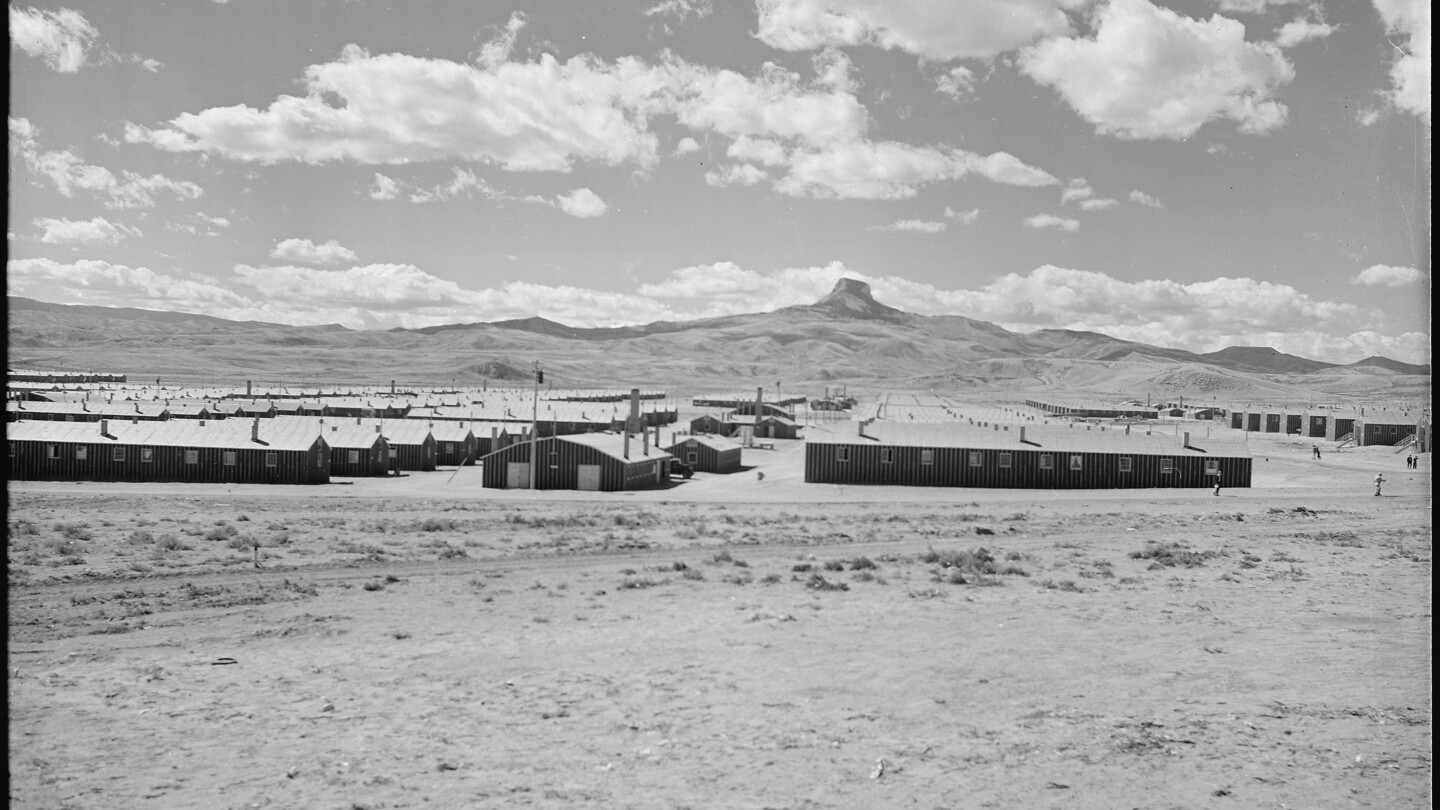The World at Our Door

The descent of CicLAvia on Leimert Park last Sunday wasn't unusual on its face. Leimert is the site of a lot of street festivals and special events, from Kwanzaa to book fairs to monthly artwalks; it's also literally a rallying point for any number of causes, anti-police brutality sparked by events in Ferguson, New York, and Cleveland being the most recent. On any given Sunday the park hosts a drum circle that engenders an atmosphere that's sort of both things -- celebratory and inclusive, but with an edge of dissent. While the festivals open up Leimert and adjacent South Central to the rest of L.A., the communing tends to be brief: people come in, browse the booths, contemplate Malcolm X or whoever and whatever is being feted that day, and go home. The monthly Leimert Park artwalks that have gone on the last few years have made progress in terms of making regulars out of people who would otherwise be tourists, or total no-shows. But the fleeting nature of the connection between Leimert/South Central and L.A. at large persists, just as the racial divide in general persists. Most days when I wander down Degnan Boulevard, I have the place to myself.
That was not the case on Sunday. The boulevard was packed more densely than I'd ever seen it. And the reason why it was packed was totally different than any reason in the past. It was not for a specific festival or regular paean to Malcolm X or Martin Luther King; people had come here simply to come here. Of course they were all united in the fact that they'd arrived on bikes, or some other set of non-combustible-engine-powered wheels, to make a grand statement about rethinking public transportation in car-obsessed L.A. That's what CicLAvia is about. What was so tremendous is that for the first time it felt like Leimert was being brought a bigger ideal, an ideal delivered like a gift, opened up, set out in the middle of the street and enjoyed by everybody in their own way.
Make no mistake, this was a festival atmosphere. Under a hazy summer-like sky, the cyclists and skateboarders and other CicLAvia enthusiasts flowed merrily in both directions down Leimert Boulevard, the last (or first) leg of the South Central route that connected Leimert to the Central Avenue neighborhood seven miles east via King Boulevard. Those disembarking at Leimert were met with music and food and black-themed books and art and other items for sale. Among the more colorful additions to the cyclists was a mini-parade of folks on foot outfitted in enormous headdresses and other Carnival finery -- a preview of Mardi Gras. But the afternoon wasn't about primarily about a party, or about the browsing or any exotica-surfing that I'm used to. That didn't feel like the point this time. This time it was about how all these disparate people brought together by an ideal finally partook of Leimert not as a curio, but as a community.
One striking sight among many was Ackee Bamboo, the fine but usually sleepy Jamaican restaurant on Degnan, overflowing with patrons, including whole families of whites and Asians and Latinos, who stood patiently in line and filled the outdoor tables in just the way I've seen them wait in line and fill tables on the westside. Everybody sat and ate like they sat and ate here every Sunday, reading papers, lingering over their meals. I was impressed and unexpectedly moved at the sight. And not little alarmed, though not out of fear, but surprise: I hadn't realized how comfortable I've grown with a certain isolation.
At the end of the day those folks all went home, I know. But Leimert Park feels a little changed, for the better. It didn't host the Olympics, but it did host something that is less an episodic event than an ideal meant to change our way of life, and such a goal fits very comfortably here. It belongs in a place that always flashes an edge of dissent. I know some locals had their doubts about the CicLAvia-in-South-L.A. hoopla, me included. On Sunday I saw several folks who live in the Spanish-style apartment buildings on either side of Leimert Boulevard stand out near their fences with their arms folded, eyeing the seemingly endless procession of bicycles with a mix of interest and cynicism. What, and who, is all this for? Who's going to benefit?
For once, those questions didn't really fit the occasion. Though we didn't create it, this was for us. We got something out of it, chiefly the presence of an entire city that might be present again. Especially now that it realizes that it doesn't have to drive past Leimert Park or South Central. People can bike here.


